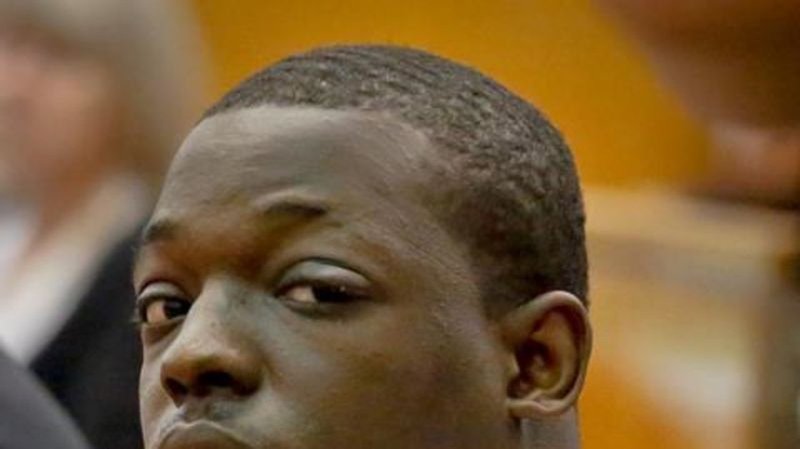
‘Hot Boy’ rapper Bobby Shmurda released from NY prison
NEW YORK — Bobby Shmurda, a once up-and-coming rapper thanks to a hit music video that popularized the “Shmoney dance,” was paroled on Tuesday after spending more than four years behind bars for a drug gang conviction.
Authorities confirmed Shmurda was released from a New York prison amid speculation about whether he would attempt a music industry comeback.
Messages were left on Tuesday with Shmurda’s lawyer. The 26-year-old performer out of Brooklyn had previously called the case a sham.
Shmurda, whose birth name is Ackquille Pollard, was best known for “Hot Boy,” a gritty song with rhymes about gunplay. He gained notoriety with his performance in the “Shmoney dance” video, which had millions of YouTube views.


